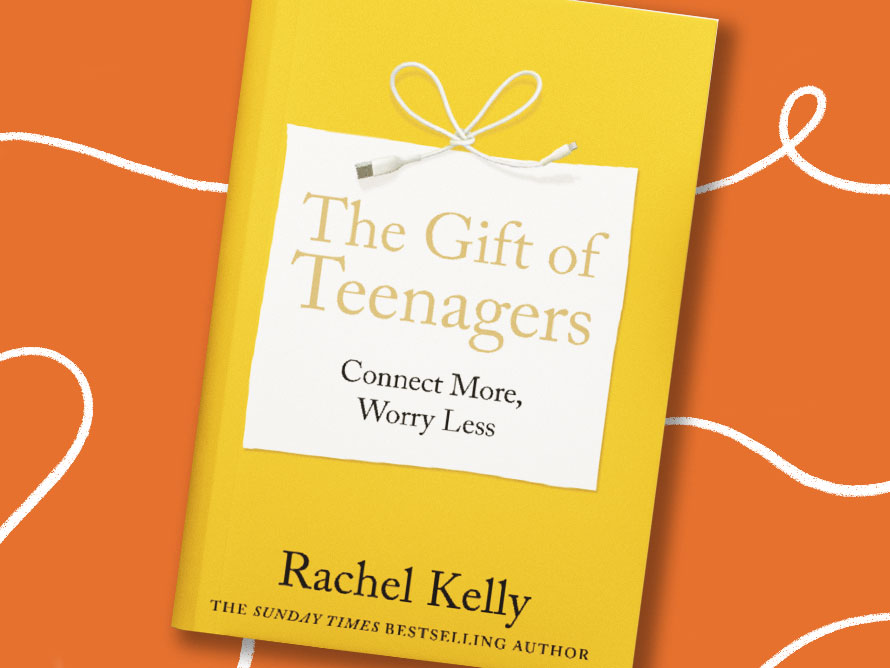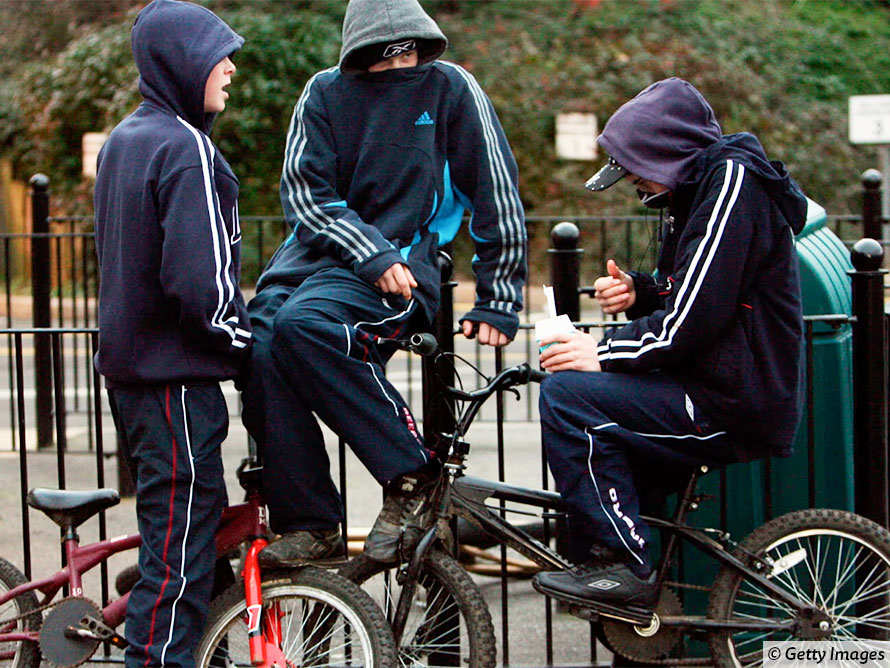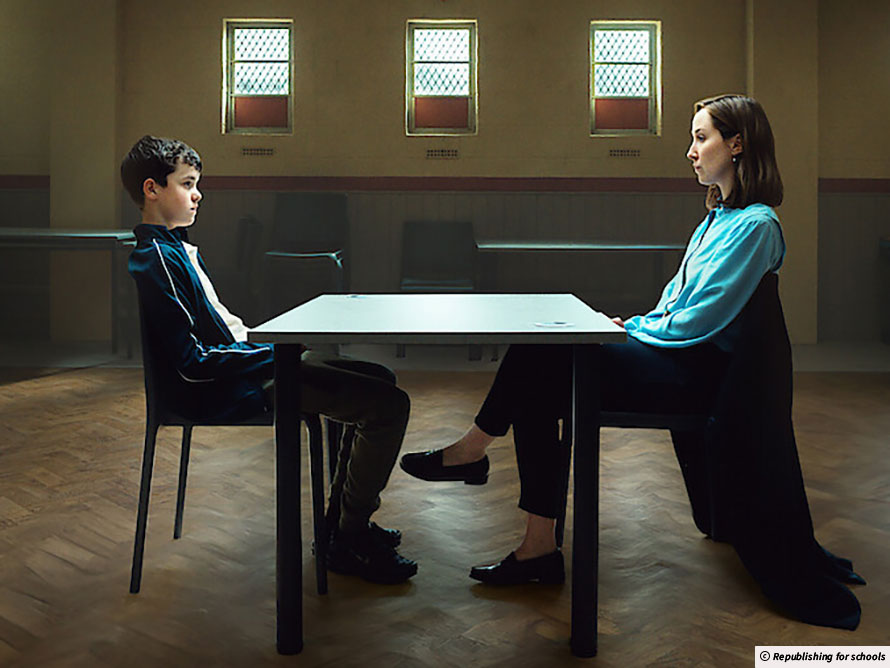Should parents stop worrying so much? Author and mother of five Rachel Kelly thinks adolescents have valuable lessons to teach the rest of society.
What’s happening?
According to new research, one in five young people in the UK experiences a mental health problem in any given year, and the situation is getting worse.
A new book, The Gift of Teenagers, argues that parents might be part of the problem, and that if they can learn to control their own emotions, they will raise more resilientTough or able to cope with difficulty. teenagers.
Author and mental health expert Rachel Kelly shares the lessons she has learnt from raising five teenagers.
These include 20 tips “to make your teen hate you less”, from using breathing exercises to stay calm, to setting a good example by limiting personal phone use, and letting teenagers sleep in late.
Find out more
If parents can learn to work with teenagers, rather than against them, says Kelly, then they will worry less about things like bullying in classrooms or social media addiction.
According to the American psychologist Jonathan Haidt, parents have become over-protective. Childhood is no longer “play-based” but “phone-based,” which means young people grow up defensive and insecure.
Kelly argues that adolescence is an adventure that teenagers and their parents can experience together.
Should parents stop worrying so much?
Some say
Yes! Anxious parents create anxious children. Let adolescent boys and girls become more independent and they will develop higher levels of resilience and responsibility.
Others think
No! Teenagers are in crisis and social media, the pandemic, the economy and the environment are much more responsible for the problem than parents.
Keywords
Resilient – Tough or able to cope with difficulty.
Cite
While every effort has been made to follow citation style rules, there may be some discrepancies. Please refer to the appropriate style manual or other sources if you have any questions.











